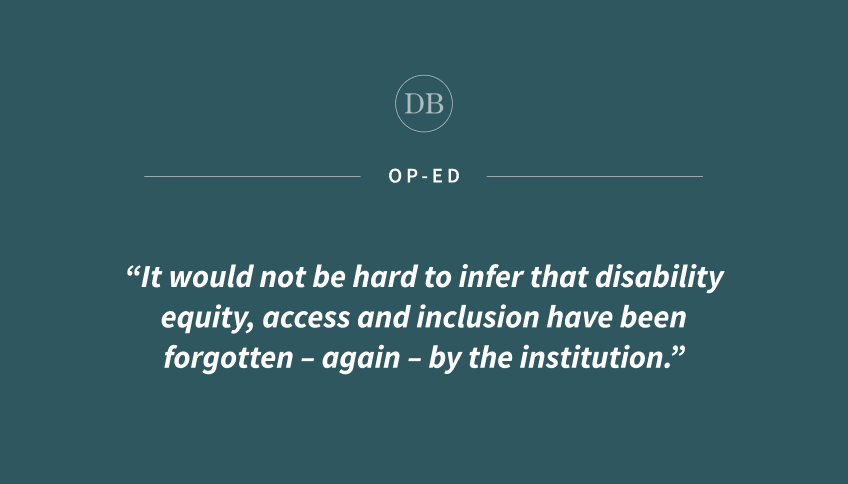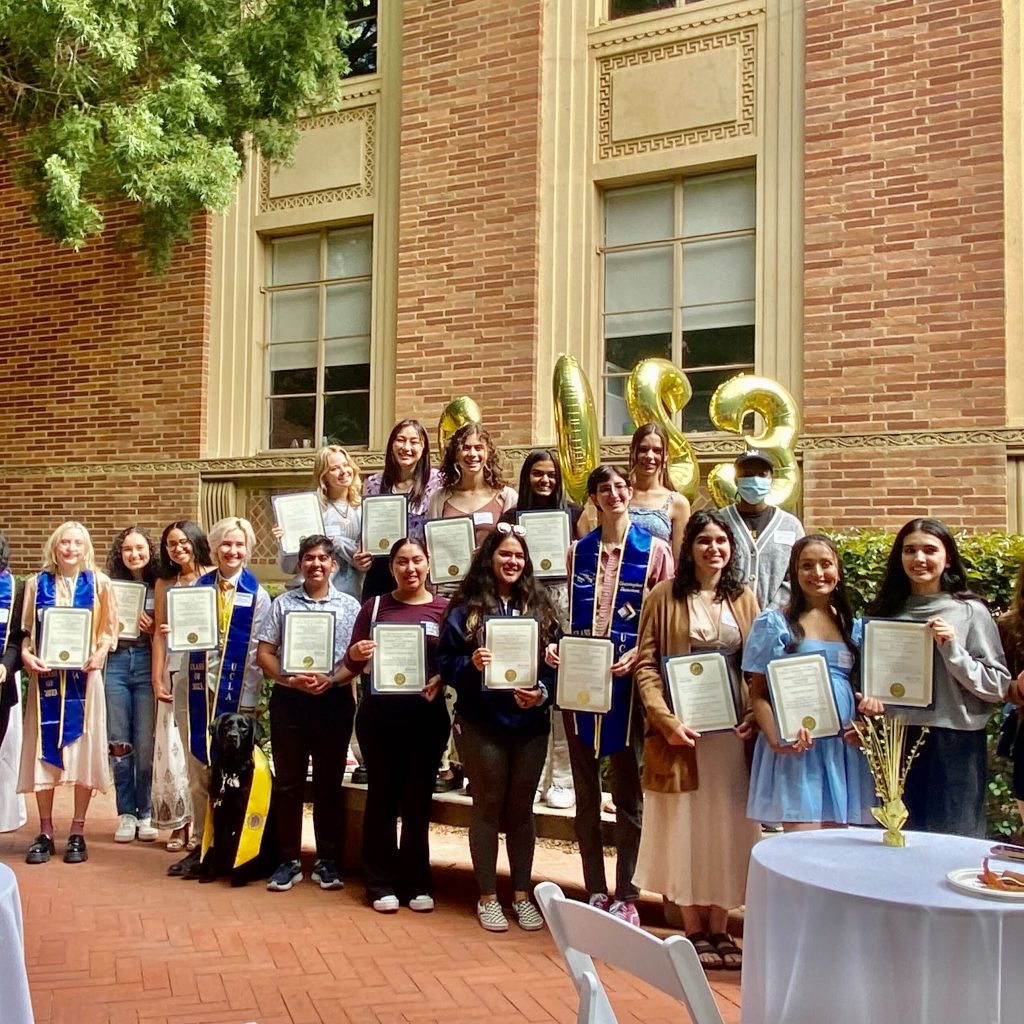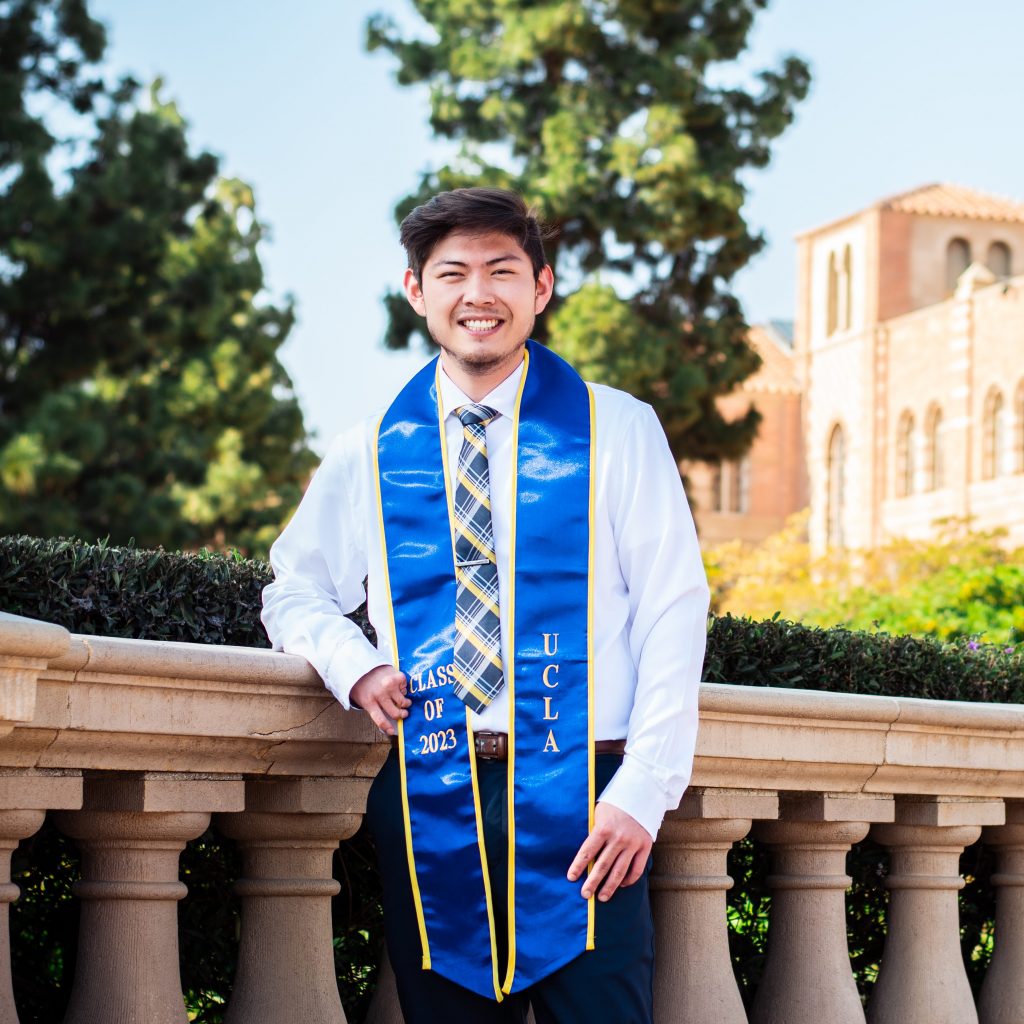View the original post by Professor Juliann Anesi and Dr. Beth Ribet on the Daily Bruin.
In early 2022, hundreds of UCLA students occupied Murphy Hall and brought public attention to the failure of the campus administration to provide for students with disabilities who continue to need remote access to classes.
Many faculty were frustrated as well, particularly in the absence of a coordinated approach to working with students who have disability-based needs for remote learning. Questions of meaningful access to education were left to individual faculty and students to negotiate or troubleshoot in the absence of adequate technical support, civil rights-compliant standards or collective dialogue.
While student protests eventually abated in response to some modest concessions, it is dismaying that our disabled students continue to report ongoing failures in educational access, unlawful denials of accommodations or requests involving remote learning, and disregard for legitimate student needs in multiple arenas. Within our disability communities, we have been persistently alarmed by student reports indicating overt retaliation and cruel behavior directed by UCLA staff against those students who assert their disability civil rights.
Across the University of California system, student activists, faculty and staff in the disability justice community recognize an ongoing pattern of discrimination that has particularly sharp effects for students of color with disabilities and for students in mental health crises. This pattern affects graduation rates, educational achievement and future life chances.
As we enter 2023, our campus is reacting again to student protest, embodied in the activism of many of our unionized graduate students, who called for a living wage, access to funded childcare and notably improved accessibility protections for student employees with disabilities.
Nevertheless, we witnessed essentially no institutional acknowledgment of the immediate implications of the strike for students and faculty with disabilities, despite the vital role that graduate student teaching assistants play in helping to mitigate institutional failures in accommodation.
For all faculty who teach large classes, the collaboration of our teaching assistants is absolutely vital in allowing us to balance teaching, research, family and life demands without reducing every course to a series of Scantron tests. For faculty with disabilities, the contributions of teaching assistants also embody an essential form of accessibility. Teaching assistants are vital partners for faculty with disabilities – completing supportive tasks that are otherwise inaccessible and helping to manage workloads that would otherwise be untenable for faculty dealing with severe illnesses or injuries.
When faculty lose disability access, education suffers.
In addition, for students with disabilities in larger classes, it is the graduate student teaching assistants who are best positioned to build trust, notice gaps in access and learning outcomes, deliver accommodations in testing and access to materials, and troubleshoot in order to ensure that disability-based barriers do not relentlessly compromise the quality of education.
As faculty with disabilities who have an investment in mentoring and advocacy for disabled students, we invite the university community to understand that relative to the campus mandate to provide accessible, equitable education compliant with federal and state civil rights requirements, the loss of our teaching assistants was akin to pouring gasoline on a fire.
Simply put, too many of our students with disabilities were struggling already and relentlessly missing out on an adequate education.
Without teaching assistant support, undergraduate education at UCLA could not possibly succeed in meeting even the most minimal standards for accessible education mandated under the Americans with Disabilities Act and Section 504 of the Rehabilitation Act of 1973. Nevertheless, as the strike progressed through the end of fall quarter, we witnessed no institutional guidance, acknowledgment or adaptations for faculty or students with disabilities intended to manage the significant impact of the strike on educational access for UCLA’s disability communities.
It would not be hard to infer that disability equity, access and inclusion have been forgotten – again – by the institution.
We were saddened to learn that the only disability-related addition to the new contract the UC did offer to our graduate student teaching assistants was in the form of access to “interim accommodations” while negotiating student accommodation requests. Absent a strong commitment to ensure that accommodations actually conform to the needs of graduate student workers, this imagined gain is essentially empty.
There are many excellent reasons why the UC should have bargained in good faith and should have settled this strike more rapidly and more equitably.
We foreground two that might otherwise be unacknowledged. First, the absence of teaching assistant support exacerbated the ongoing need for equity, inclusion and accessibility. The quality of education at UCLA has suffered, with escalated effects for students with disabilities and compound effects for students of color with disabilities, who are often at the highest risk of slipping through the cracks when efforts to realize disability inclusion fail. Any semblance of disability or racial equity cannot be actualized under these conditions.
Second, should this imperative not motivate state-level decision-makers, then we must pose the question: if the UC will not voluntarily learn to prioritize disability civil rights compliance, at what point should we anticipate that our students will need to ask the U.S. Department of Education and the Civil Rights Division of the U.S. Department of Justice to investigate the UC for engaging in systemic and harmful violations of federal civil rights law?
Students continue to bear the brunt of inadequate educational services and inaccessible pedagogy. The UC system must and can do far better.
Professor Beth Ribet (Ph.D., J.D.) teaches at UCLA in disability studies, gender studies and sociology. She also directs Repair, a health and disability justice organization in the Los Angeles nonprofit sector.
Juliann Anesi is an assistant professor of gender studies at UCLA. She is also an affiliate faculty member in Asian American studies, disability studies and American Indian studies.



